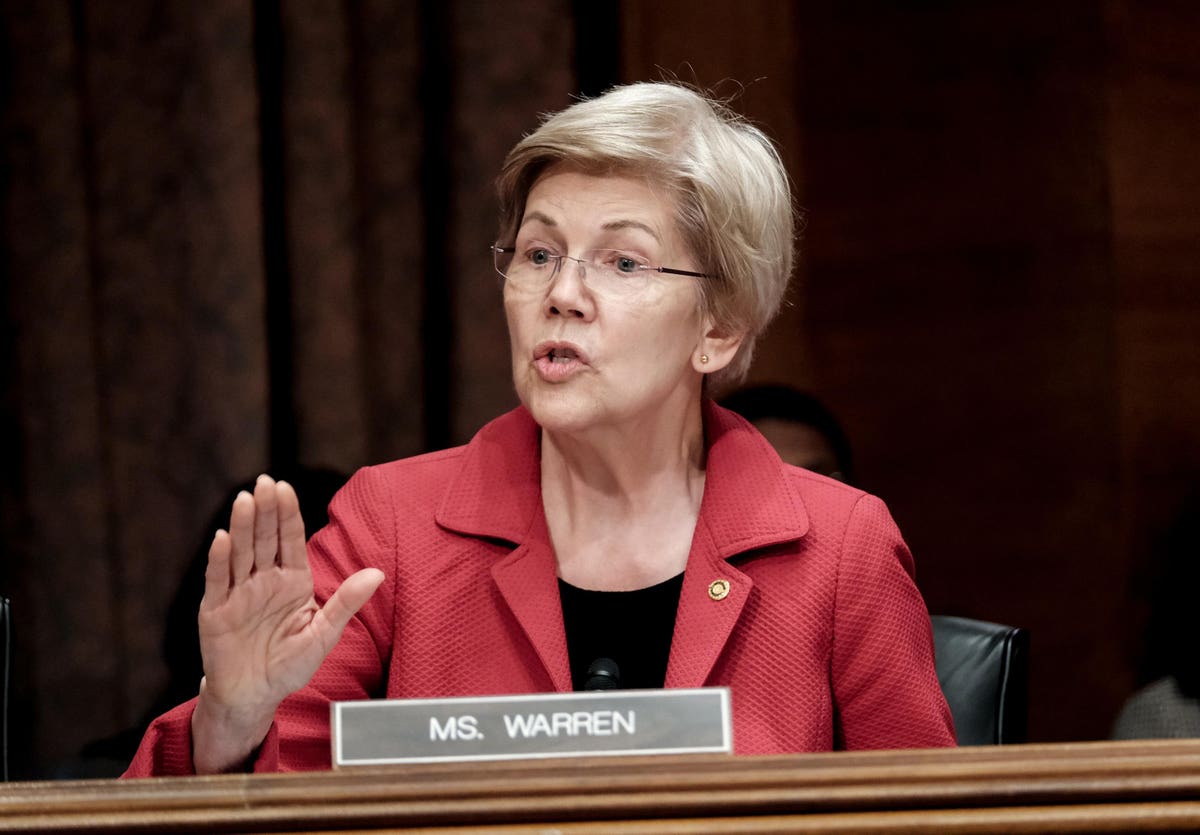Now that the Supreme Court of the United States has formally weighed in on Biden’s student loan forgiveness plan, it’s easy to think all hope is lost. No, you’re not going to get the $10,000 to $20,000 in student loan forgiveness you were promised — if you even qualified in the first place.
Of course, President Biden still claims to be a champion of loan forgiveness and the financial freedom it could provide millions of borrowers. When the President vetoed legislation to block his attempt to grant student debt relief through executive action earlier in June, he made his feelings on the matter very clear.
“It is a shame for working families across the country that lawmakers continue to pursue this unprecedented attempt to deny critical relief to millions of their own constituents, even as several of these same lawmakers have had tens of thousands of dollars of their own business loans forgiven by the Federal Government, “wrote the President in a published statement. “I remain committed to continuing to make college affordable and providing this critical relief to borrowers as they work to recover from a once-in-a-century pandemic.”
While the Biden administration gets all the blame for student loan debt relief not passing muster, the truth is even worse – Congress could do something about our nation’s student loan debt crisis if the support was there.
While many in Congress were calling on the President to act unilaterally, notably Senators Elizabeth Warren and Chuck Schumer, those same individuals had the power to make meaningful change along. When you remember that Democrats had control of the House of Representatives and Senate for the first two year’s of President Biden’s term, it makes you wonder why they didn’t try something more legally sound?
Maybe that’s what Americans need to start pushing for — for our elected representatives, and not the President, to take real, definitive steps to get us out of the mess we’re in when it comes to financing higher education. Or at least hold them accountable to what they’ve promised.
Can Congress Really Pass Student Loan Forgiveness? Yes!
According to Nicholas Jacobs, Ph.D., who serves as Assistant Professor of Government at Colby College, nothing out of the ordinary would be required for Congress to pass a student loan forgiveness plan. It’s also doubtful any serious constitutional challenge to a debt relief program would amount to much.
Jacobs says this is largely because student loans are federally regulated and are clearly defined by existing statutes that Congress periodically revises, including as recently in 2010. He adds that, the same week Obama signed the Affordable Care Act into law, he also passed significant changes to student lending that placed loans even more clearly within the federal government’s regulatory purview.
“After that change, the federal government issued loans directly to students instead of subsidizing lenders. Private companies still deliver and collect those loans, but the risk is all held by U.S. taxpayers,” said Jacobs.
“The same Congress who took on the obligation could discharge it with a simple appropriations bill.”
This begs the question: Why don’t our representatives take steps to help forgive some of the crushing student loan debt American taxpayers are saddled with?
Jacobs says several different factors are at play here, including the fact Republicans were already critical of student loan forgiveness before Joe Biden took office. Of course, conservatives became even more critical of it when the President declared, unilaterally, to exercise his authority to cancel billions in outstanding loans, said Jacobs.
“It’s a political non-starter, especially after the President put his stamp so clearly on the process.”
Jacobs also points out how Congress seems fairly uninterested in uniting to pass a student debt relief plan now when they passed trillions in other spending throughout the pandemic.
“The estimated $300 billion seems like it could have made it on the tab,” he said. “That’s the question people should be asking, especially if they want student loan forgiveness.”
Ultimately though, it seems apparent that Democrats can’t seem to come together on this issue on their own. The professor believes this is partly because most student loan borrowers with considerable debt are wealthy, so most plans as suggested would benefit fairly wealthy borrowers the most. And while student loan forgiveness attracts a lot of attention, “most Americans do not have student loans, and millions who did pay them back,” he said.
Nicholas B. Creel, Ph.D., who serves as Assistant Professor of Business Law at Georgia College and State University, adds that any meaningful amount of student loan forgiveness suggested going forward would be downright expensive for taxpayers, making any plan considered by Congress very difficult for the public to accept.
Creel points out that some suggested student loan forgiveness plans could cost the government (and thus, taxpayers) close to $400 billion dollars over a decade. With Republicans so focused on budget discipline, such a large expense that doesn’t directly help their voting base is a non-starter, he said.
What You Can Do If You Want Student Loan Forgiveness
Instead of blaming President Biden for what he was unable to accomplish through executive action, those who want student loan forgiveness should turn their attention to their chosen representatives in Congress. This means supporting candidates that reflect your views on this issue and voting accordingly.
Even then, Creel points out that Democrats will need to run the table, retaining the Presidency and Senate while taking back the House if they want to pass student loan forgiveness after the next election cycle.
In the meantime, all borrowers with federal student loans need to be ready to resume payments come October of 2023. With so much uncertainty surrounding future student loan relief plans that could come into play next year, that much is certain.
Read the full article here




